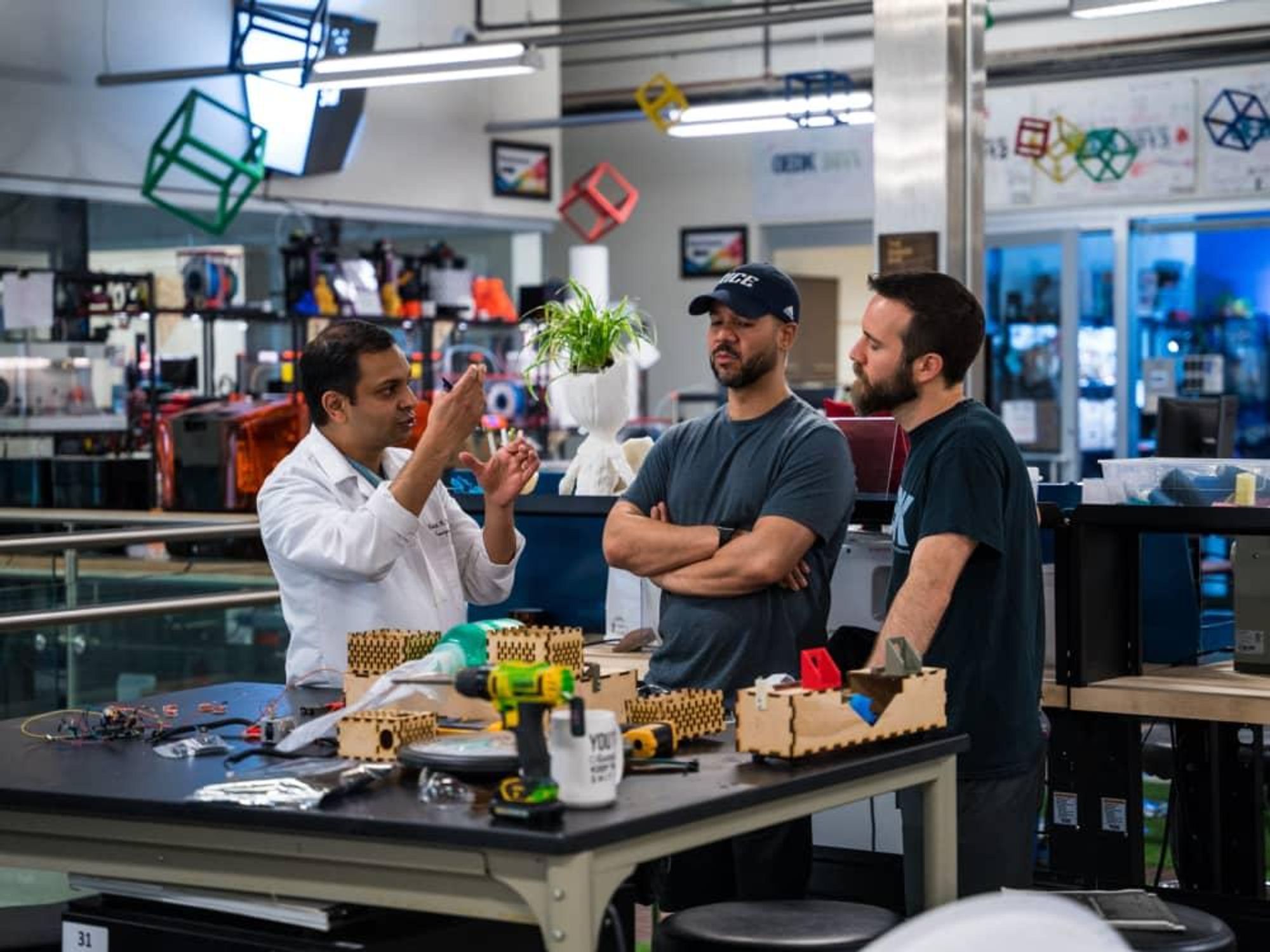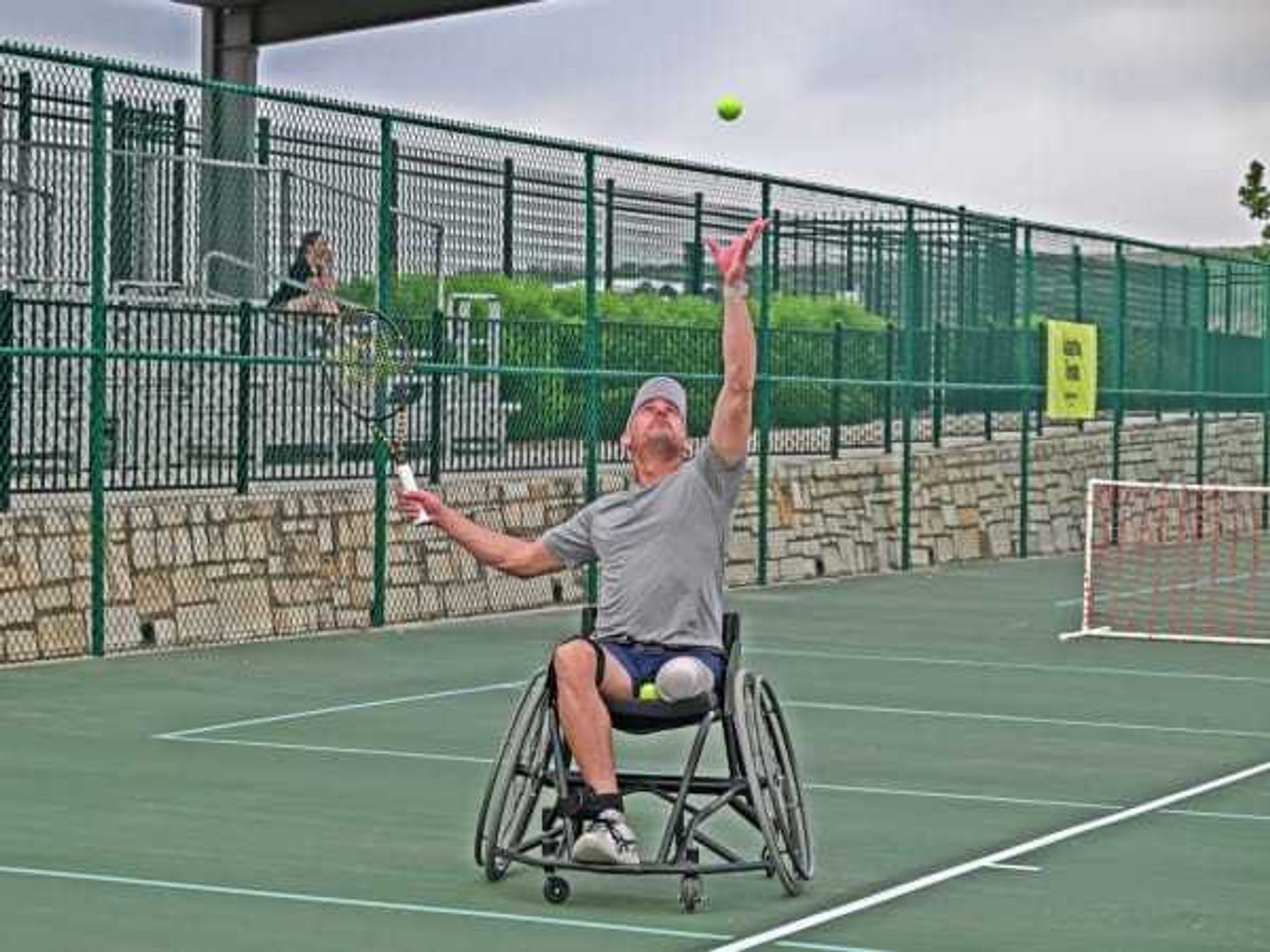breathing easier
Texas university's COVID-fighting device gets green light with FDA approval

A ventilator that was designed by a team at Rice University has received Emergency Use Authorization from the U.S. Food and Drug Administration amid the COVID-19 pandemic.
As CultureMap previously reported, the ApolloBVM was worked on March by students at Rice's Brown School of Engineering's Oshman Engineering Design Kitchen, or OEDK. The open-source plans were shared online so that those in need could have access to the life-saving technology. Since its upload, the ApolloBVM design has been downloaded by almost 3,000 registered participants in 115 countries.
"The COVID-19 pandemic pushed staff, students, and clinical partners to complete a novel design for the ApolloBVM in the weeks following the initial local cases," says Maria Oden, a teaching professor of bioengineering at Rice and director of the OEDK, in the press release. "We are thrilled that the device has received FDA Emergency Use Authorization."
While development began in 2018 with a Houston emergency physician, Rohith Malya, Houston manufacturer Stewart & Stevenson Healthcare Technologies LLC, a subsidiary of Kirby Corporation that licensed ApolloBVM in April, has worked with the team to further manufacture the device into what it is today.
An enhanced version of the bag valve mask-based ventilator designed by Rice University engineers has won federal approval as an emergency resuscitator for use during the COVID-19 pandemic.
The Rice team worked out of OEDK throughout the spring and Stewart & Stevenson joined to support the effort along with manufacturing plants in Oklahoma City and Houston.
"The FDA authorization represents an important milestone achievement for the Apollo ABVM program," says Joe Reniers, president of Kirby Distribution and Services, in the release. "We can now commence manufacturing and distribution of this low-cost device to the front lines, providing healthcare professionals with a sturdy and portable ventilation device for patients during the COVID-19 pandemic."
Reniers continues, "It is a testimony to the flexibility of our people and our manufacturing facilities that we are able to readily utilize operations to support COVID-19 related need."
---
This story originally appeared on CultureMap's sister site InnovationMap.
